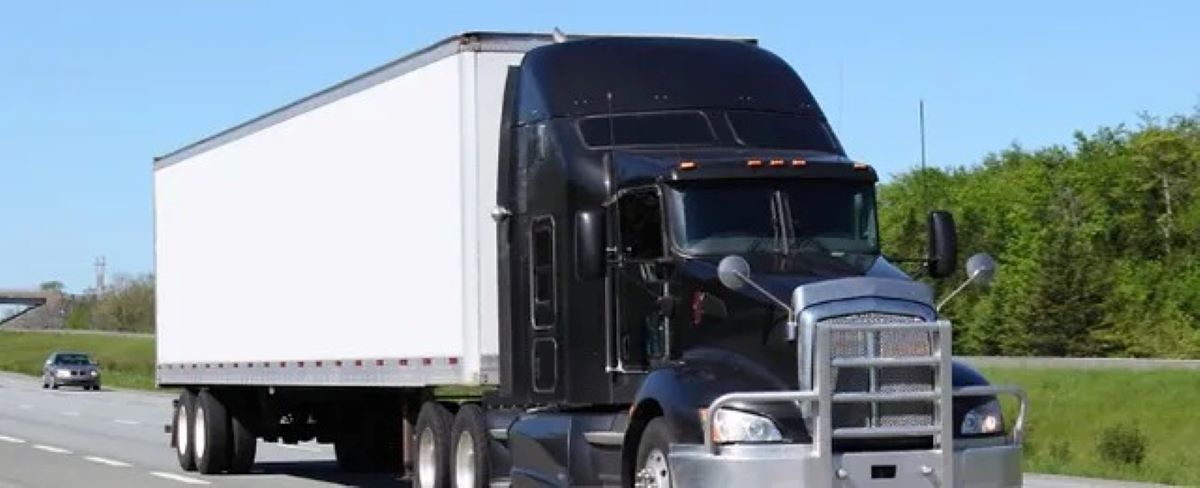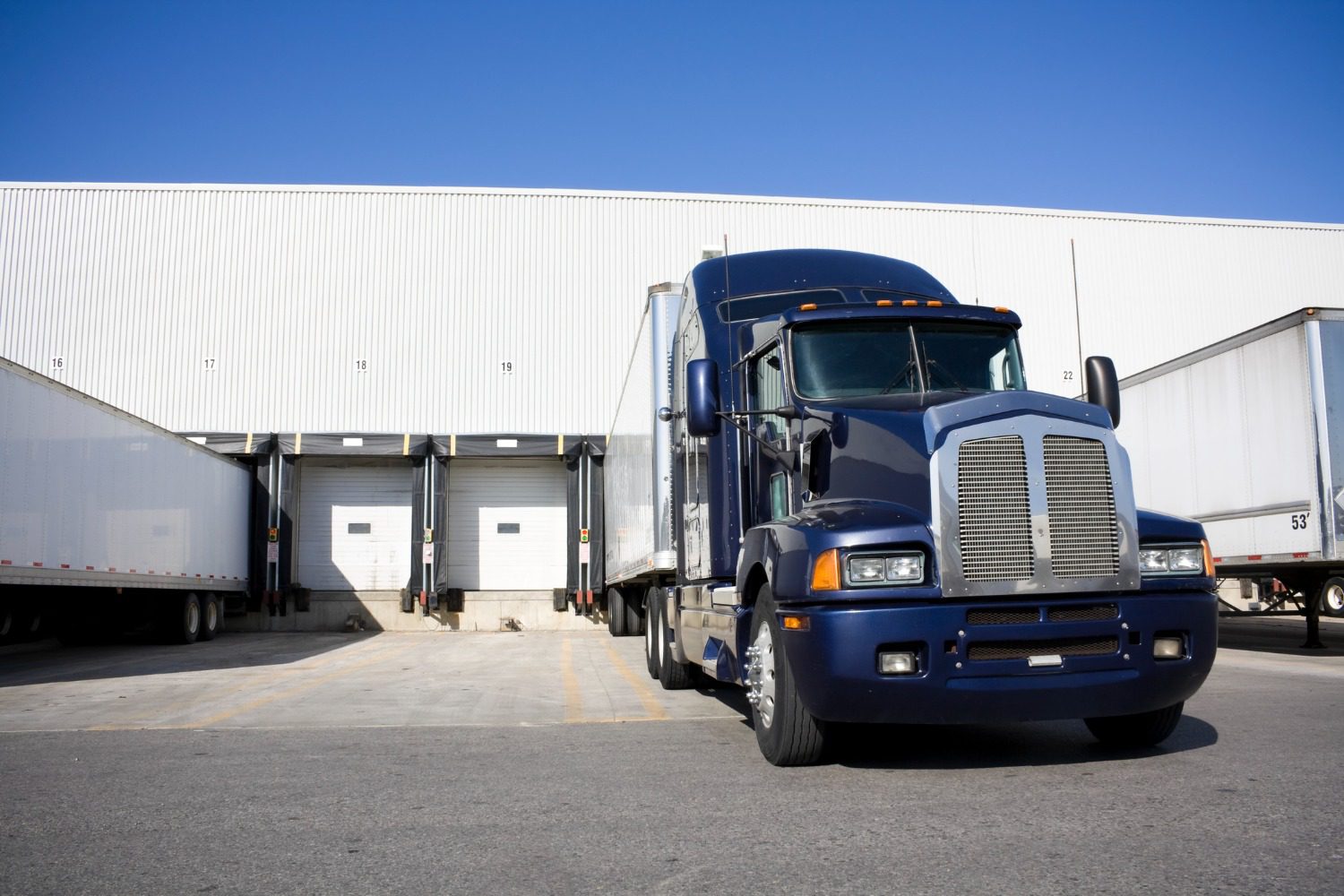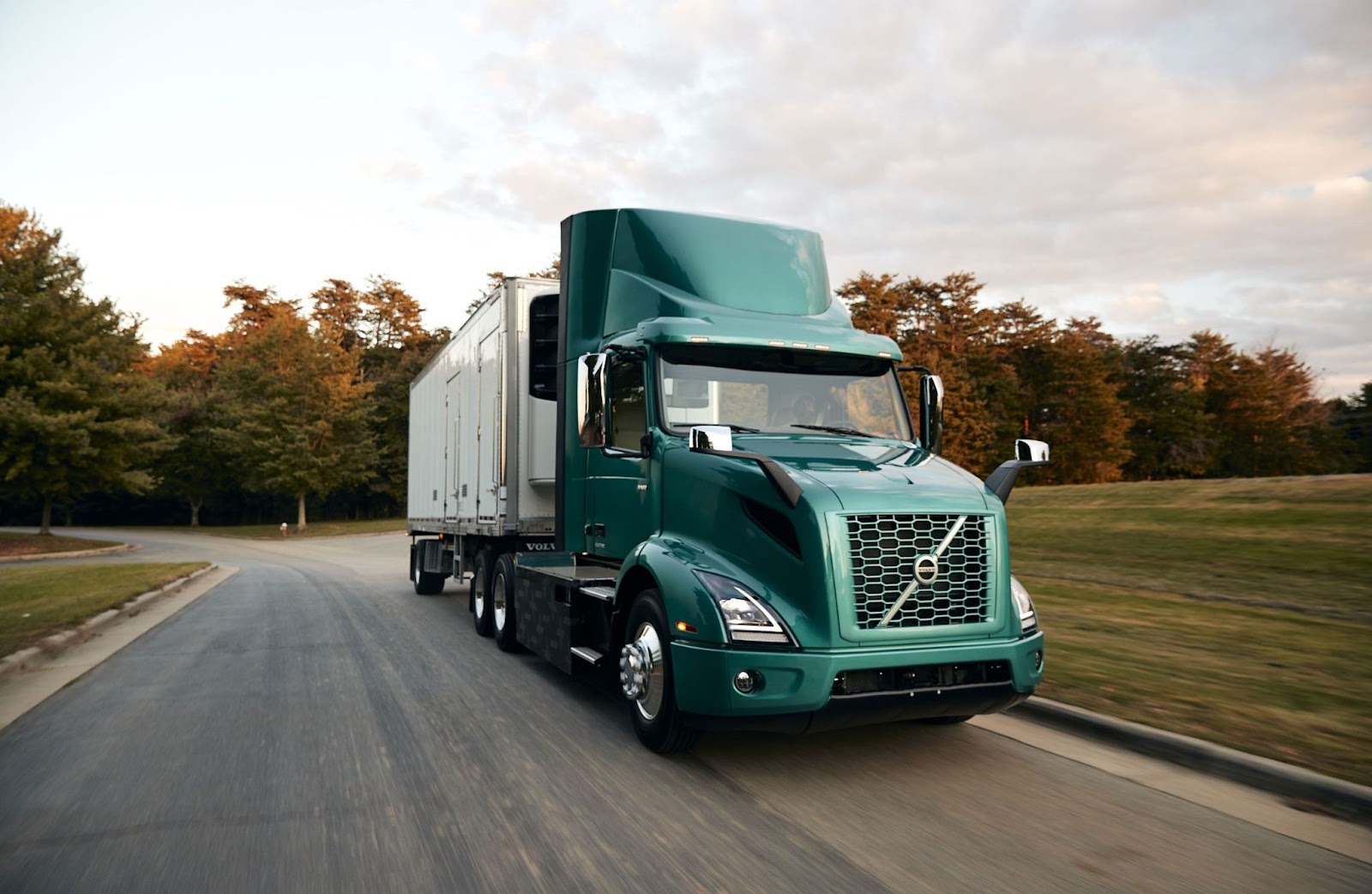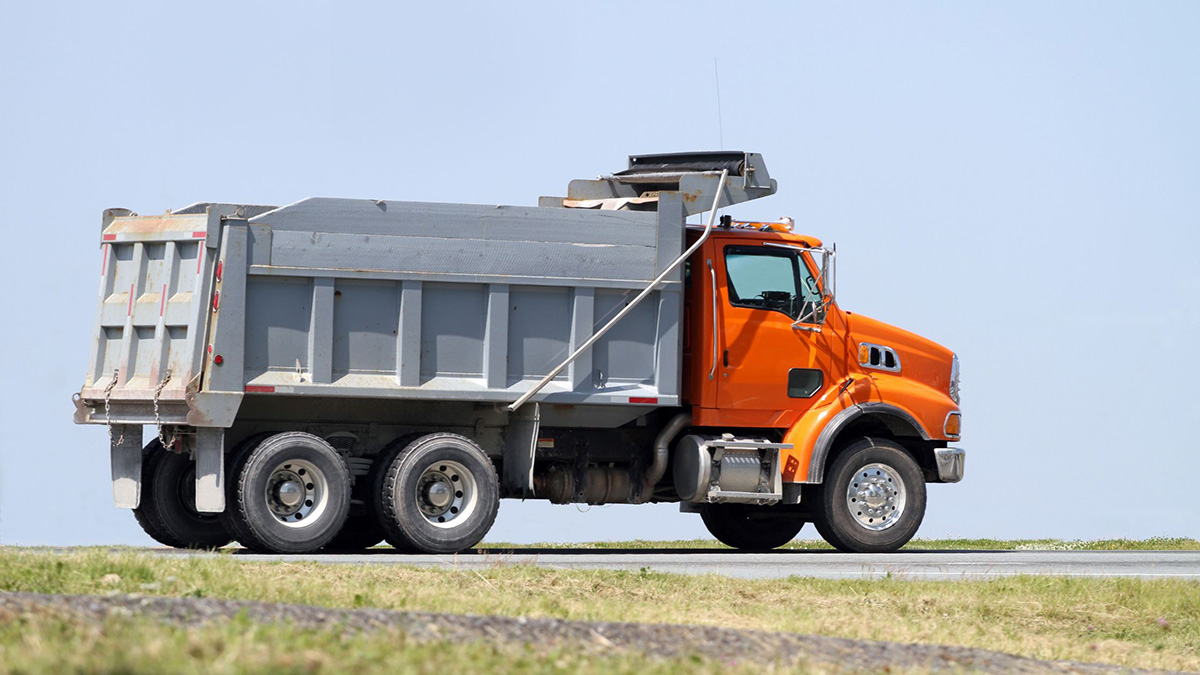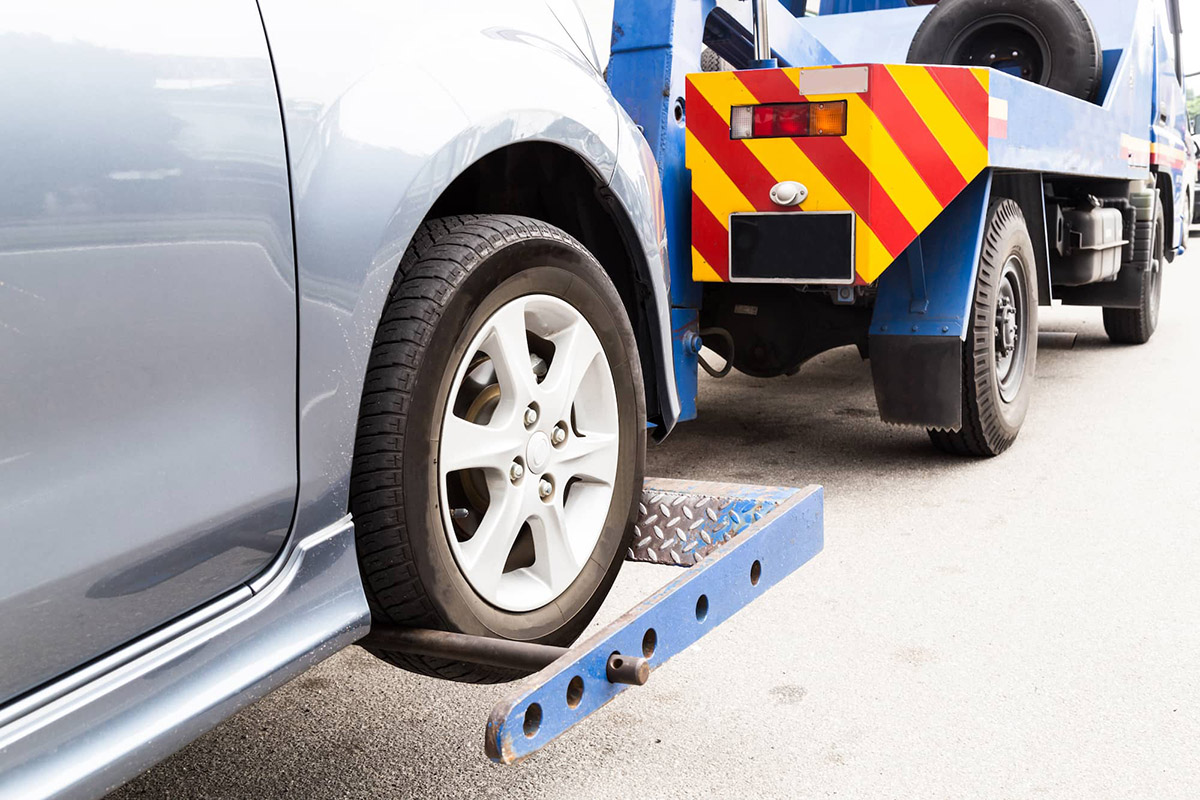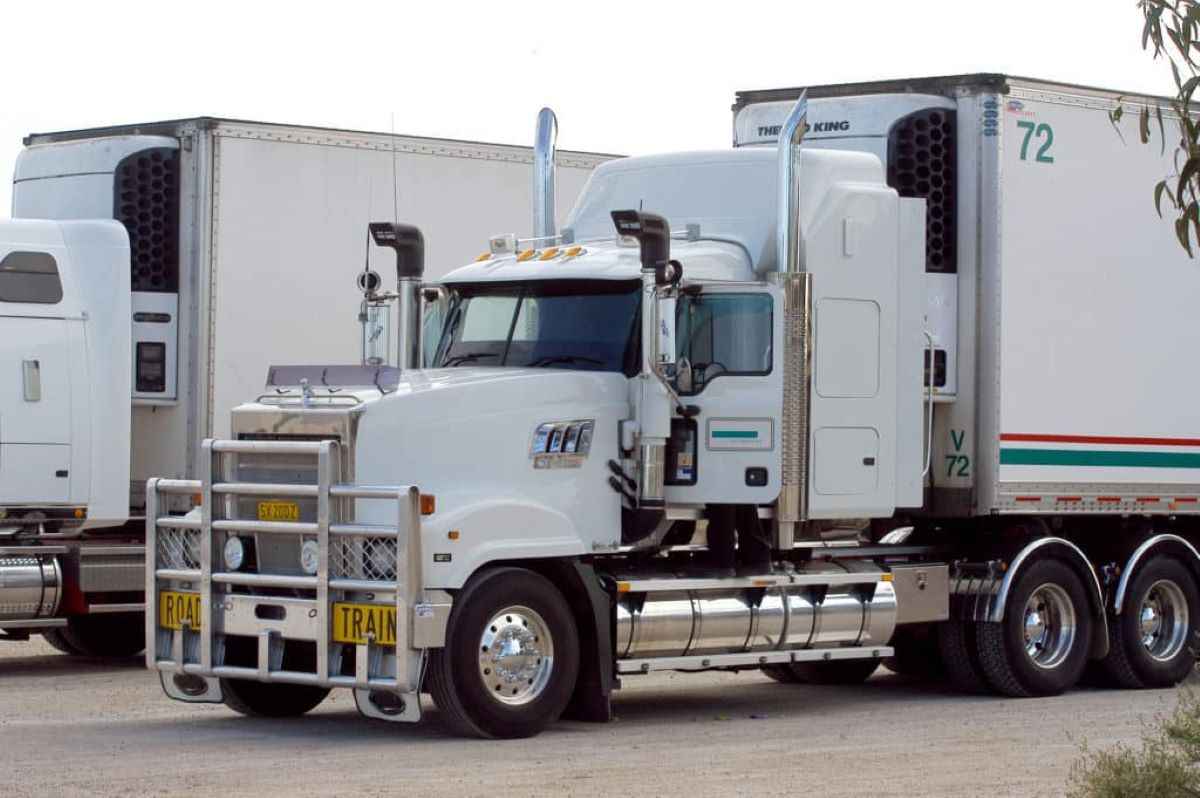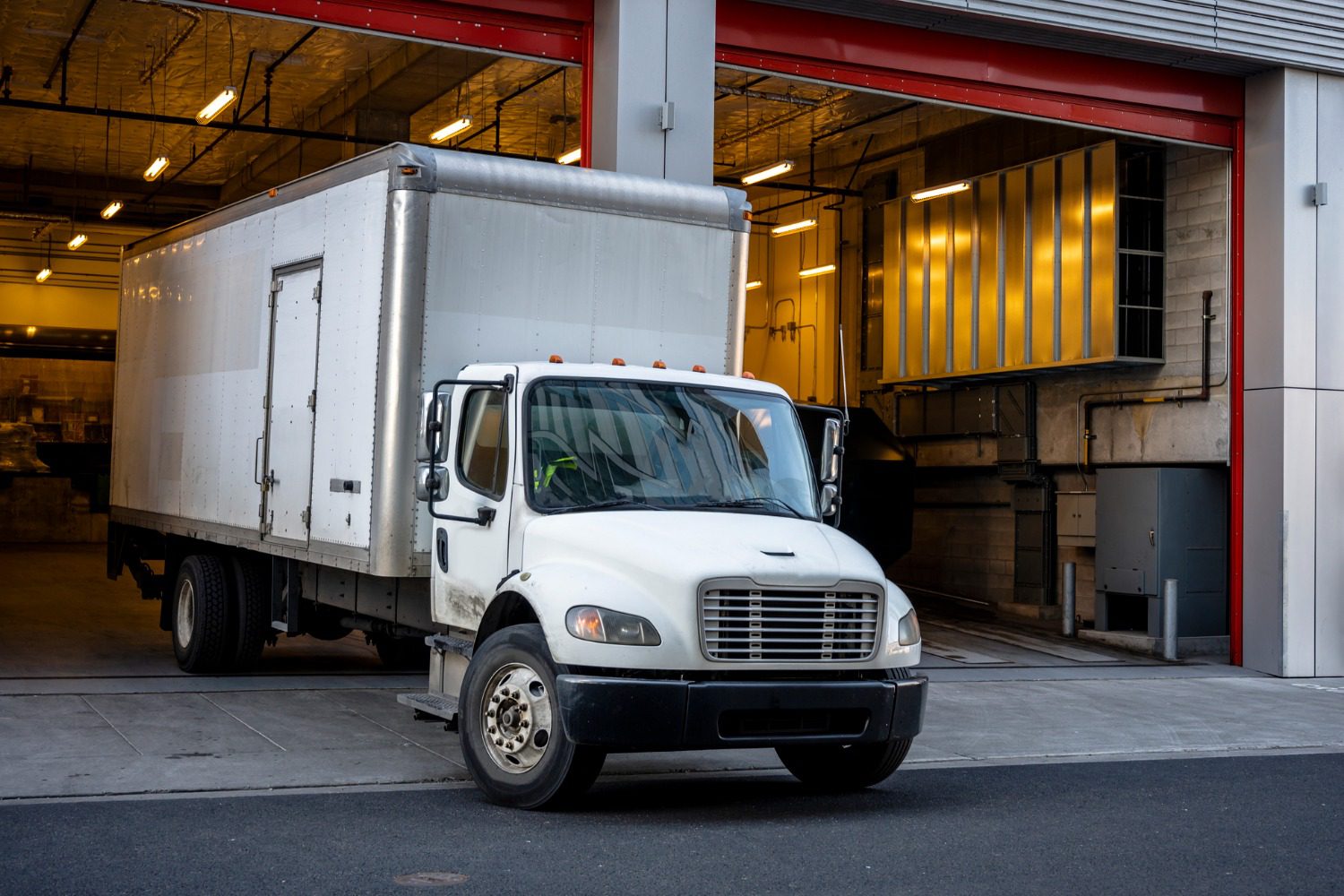

Finance
How Much Is Box Truck Insurance?
Modified: December 30, 2023
Looking for box truck insurance? Find out how much it will cost and get the best finance options for your business.
(Many of the links in this article redirect to a specific reviewed product. Your purchase of these products through affiliate links helps to generate commission for LiveWell, at no extra cost. Learn more)
Table of Contents
Introduction
Welcome to our comprehensive guide on box truck insurance! If you own or operate a box truck, it is crucial to understand the importance of having the right insurance coverage to protect your business and assets. Box trucks are commonly used for commercial purposes such as delivery services, moving companies, and construction businesses. These versatile vehicles provide valuable transportation solutions, but they also come with unique risks and liabilities.
Box truck insurance is specifically designed to provide coverage for these types of vehicles, offering protection against accidents, property damage, cargo loss, or theft. Having the appropriate insurance coverage can give you peace of mind knowing that you are financially safeguarded in case of unforeseen events.
In this guide, we will explore the various factors that affect box truck insurance rates, the different coverage options available, the average cost of box truck insurance, tips for saving money on your premiums, and how to choose the right insurance provider for your needs.
Whether you are a small business owner or an independent contractor with a box truck, understanding the ins and outs of box truck insurance is crucial for protecting your investment, complying with regulations, and ensuring the smooth operation of your business.
So, let’s dive in and explore everything you need to know about box truck insurance!
Factors Affecting Box Truck Insurance Rates
When determining the cost of box truck insurance, several factors come into play. Insurance providers take these factors into consideration to assess the risks associated with insuring your box truck and calculate the premiums you will have to pay. Understanding these factors can help you make informed decisions and potentially save money on your insurance costs.
1. Vehicle Type and Value: The make, model, and year of your box truck, as well as its value, play a significant role in determining your insurance rates. Newer and more expensive box trucks generally come with higher premiums due to their higher replacement costs.
2. Cargo Type: The type of cargo you transport in your box truck can impact insurance rates. Hauling hazardous materials or valuable goods increases the risk exposure for the insurance company, resulting in higher premiums.
3. Driver’s Age and Experience: The age and driving experience of the primary driver of the box truck are crucial factors. Insurance providers typically charge higher premiums for younger or less experienced drivers due to the increased likelihood of accidents or claims.
4. Driving Record: A driver with a clean driving record and no history of accidents or traffic violations is seen as less risky to insure. On the other hand, a poor driving record may lead to higher premiums.
5. Location: The location where the box truck is primarily operated can impact insurance rates. Areas with higher traffic congestion or a higher risk of theft or vandalism may have higher premiums.
6. Deductible: The deductible is the amount you are responsible for paying out of pocket before the insurance coverage kicks in. Choosing a higher deductible can lower your premiums but will require you to pay more in the event of a claim.
7. Coverage Limits: The extent of coverage you select for your box truck insurance also affects your rates. Higher coverage limits result in higher premiums, as the insurance company will have to pay out more in the event of a claim.
8. Business Size and History: For businesses that operate multiple box trucks or have a long history of claims-free operations, insurance providers may offer discounts or lower rates as a reflection of their reduced risk exposure.
Keep in mind that each insurance provider may weigh these factors differently, so it’s essential to compare quotes from multiple insurers to find the best cost-effective option for your box truck insurance needs.
Coverage Options for Box Truck Insurance
When it comes to box truck insurance, there are several coverage options available to protect your business and assets. Understanding these coverage options will help you tailor your insurance policy to meet your specific needs. Here are some of the common coverage options for box truck insurance:
1. Liability Coverage: This is the basic coverage every box truck owner should have. Liability coverage protects you financially if your box truck is involved in an accident that causes bodily injury or property damage to others. It helps cover medical expenses, property repair costs, and legal fees if you are found at fault.
2. Physical Damage Coverage: This coverage protects your box truck against damage caused by collisions, accidents, vandalism, theft, or natural disasters. It typically includes comprehensive coverage for non-collision incidents such as fire, theft, or falling objects.
3. Cargo Insurance: This coverage protects the goods or cargo you are transporting in your box truck. It provides financial compensation in the event of loss or damage to the cargo due to accidents or theft. Cargo insurance is essential if you transport valuable or sensitive goods.
4. Medical Payments Coverage: This coverage helps cover medical expenses for you and your passengers if you are injured in an accident, regardless of who is at fault. It can help cover medical bills, hospital stays, and even funeral expenses.
5. Uninsured/Underinsured Motorist Coverage: In the unfortunate event that you are involved in an accident with a driver who does not have insurance or has insufficient coverage, this coverage will help cover your medical expenses and vehicle repairs.
6. Rental Reimbursement Coverage: If your box truck is damaged and needs repairs, this coverage will reimburse you for the costs of renting a replacement vehicle while your truck is being repaired.
7. General Liability Insurance: This coverage protects your business against third-party claims for bodily injury, property damage, advertising mistakes, or personal injury. It is typically recommended for businesses that operate box trucks and have customer interactions.
8. Non-Trucking Liability Insurance: This coverage is essential for owner-operators who use their box trucks for non-business purposes. Non-trucking liability insurance provides liability coverage when the truck is being used for personal use and not for business.
It’s important to evaluate your specific needs and assess the risks associated with your box truck operations to determine which coverage options are essential for your business. Consult with an experienced insurance agent to help you customize a policy that provides adequate protection for your box truck and business.
Average Cost of Box Truck Insurance
The cost of box truck insurance can vary significantly depending on various factors such as the size of your business, the type of box truck you own, the coverage options you choose, and your location. While it’s challenging to provide an exact average cost, we can give you a general idea of what to expect.
The annual premiums for box truck insurance typically range from $1,500 to $8,000 or more, but this can vary widely depending on individual circumstances. Small businesses or independent owner-operators might pay on the lower end of this range, while larger companies with multiple vehicles or specialized cargo might have higher premiums.
As mentioned earlier, several factors influence the cost of box truck insurance. These include the value of the box truck, the type of cargo being transported, the driving record of the primary driver, the coverage limits selected, and the deductible amount.
Additionally, your location can have a significant impact on premiums. Areas with higher traffic congestion, a higher risk of accidents, or a higher crime rate may result in higher insurance rates.
To get an accurate estimate of the cost of box truck insurance for your specific situation, it’s best to request customized quotes from insurance providers. This will allow you to compare rates and coverage options to find the best policy for your needs.
While premiums may seem high, it’s essential to remember that box truck insurance is a necessary investment to protect your business and assets. Without proper insurance coverage, you could face severe financial consequences in the event of an accident, theft, or damage to your vehicle or cargo.
Choosing the right insurance policy is not just about finding the cheapest option but ensuring you have adequate coverage to protect your business and mitigate potential risks. Consult with an experienced insurance agent who can assess your specific needs and guide you in selecting the appropriate coverage at a competitive price.
Tips for Saving Money on Box Truck Insurance
While box truck insurance is a necessary expense for any business owner or operator, there are ways to potentially lower your insurance premiums. Here are some tips to help you save money on your box truck insurance:
1. Shop Around and Compare Quotes: Don’t settle for the first insurance provider you come across. Take the time to research and obtain quotes from multiple insurers. Compare the coverage options and premiums offered to find the most cost-effective solution for your box truck insurance needs.
2. Bundle Your Insurance Policies: Consider bundling your box truck insurance with other commercial insurance policies, such as general liability or business owners’ insurance. Insurance providers often offer discounts for bundling multiple policies together, which can result in significant savings.
3. Maintain a Good Driving Record: Your driving history plays a critical role in determining your insurance rates. Avoid accidents and traffic violations to maintain a clean driving record. Insurance companies generally offer lower premiums to drivers with a proven track record of safe driving.
4. Increase Your Deductible: Raising your deductible is a strategic way to reduce your insurance premiums. By assuming more financial responsibility in the event of a claim, you can lower your monthly or annual premiums. However, consider your financial situation and ability to pay the higher deductible should an accident occur.
5. Enhance Security Measures: Install security features such as alarms, GPS tracking systems, and immobilizers on your box truck. These measures not only protect your vehicle from theft but can also earn you discounts on your insurance premiums.
6. Train and Certify Your Drivers: Provide your drivers with proper training and ensure they hold the necessary certifications. Insurance providers may offer lower rates for drivers who have completed defensive driving courses or possess certain certifications relevant to the industry.
7. Evaluate Your Coverage Needs: Review your insurance policy annually to assess if you require all the coverage options you currently have. If certain aspects of coverage are no longer necessary, you might be able to adjust your policy to lower your premiums.
8. Pay in Full or Choose Electronic Funds Transfer (EFT): Some insurance providers offer discounts if you pay your premiums in full rather than monthly installments. Additionally, enrolling in electronic funds transfer (EFT) can also result in cost savings.
By implementing these money-saving tips and exploring different strategies to reduce your box truck insurance costs, you can effectively manage your expenses while maintaining the necessary coverage for your business.
Choosing a Box Truck Insurance Provider
When it comes to selecting an insurance provider for your box truck, it’s important to consider several factors to ensure you choose the right one. Here are some key considerations when choosing a box truck insurance provider:
1. Reputation and Financial Stability: Look for insurance providers with a strong reputation and a proven track record in the industry. Ensure they have the financial stability to handle claims and provide reliable coverage for your box truck.
2. Coverage Options and Customization: Evaluate the coverage options offered by different insurance providers. Look for insurers that offer flexible policies allowing you to customize coverage to meet your specific needs. Consider whether they offer all the necessary coverage options mentioned earlier, such as liability coverage, cargo insurance, and physical damage coverage.
3. Claims Process and Customer Service: Research how insurance providers handle claims and their reputation for customer service. Find out about their response time, claims settlement practices, and overall customer satisfaction. A responsive and efficient claims process can save you time and frustration in the event of an accident or loss.
4. Price and Discounts: While cost should not be the only determining factor, it is still an important consideration. Compare the premiums and discounts offered by different providers to find the most competitive rates. Look for insurers that offer discounts for good driving records, bundled insurance policies, or security features on your vehicle.
5. Experience and Specialization: Consider whether the insurance provider specializes in commercial truck insurance or has experience insuring box trucks. Insurance companies with expertise in insuring these types of vehicles may better understand the unique risks and challenges associated with box truck operations.
6. Accessibility and Online Tools: Evaluate the accessibility of the insurance provider. Do they have local agents or an online platform for managing and accessing your policy? Look for providers that offer convenient online tools for obtaining quotes, making payments, and accessing policy information.
7. Reviews and Recommendations: Read reviews and seek recommendations from other box truck owners or business owners in your industry. Their experiences and insights can help you make an informed decision about the right insurance provider for your needs.
8. Licensing and Accreditation: Ensure that the insurance provider is properly licensed and accredited in your state. This ensures they meet the necessary requirements to provide insurance coverage and protects you as a policyholder.
Taking the time to research, compare, and evaluate different insurance providers will help you choose the best one to protect your box truck and support your business. Remember, it’s not just about finding the cheapest option, but finding an insurer that offers reliable coverage, excellent customer service, and competitive rates tailored to your specific needs.
Conclusion
Box truck insurance is a crucial aspect of protecting your business and assets. Understanding the various factors that affect insurance rates, the coverage options available, and tips for saving money can help you make informed decisions and secure the right insurance policy for your needs.
When considering box truck insurance, remember to shop around and compare quotes from different insurance providers. This allows you to find the most cost-effective coverage that meets your specific requirements. Don’t forget to consider the reputation, financial stability, and customer service of each company to ensure a smooth claims process and reliable support when you need it.
Additionally, consider customizing your insurance policy to include the necessary coverage options such as liability coverage, cargo insurance, and physical damage coverage. This will provide comprehensive protection for your box truck, cargo, and business operations.
While box truck insurance may seem like an additional expense, it is a necessary investment to protect your business from potential risks and liabilities. By maintaining a good driving record, enhancing security measures, and evaluating your coverage needs regularly, you can potentially save money on your insurance premiums.
Ultimately, choosing the right box truck insurance provider is crucial for your peace of mind and the long-term success of your business. By carefully evaluating each insurance provider’s reputation, coverage options, and pricing, you can make an informed decision and choose an insurer that offers reliable coverage, excellent customer service, and competitive rates.
Remember, box truck insurance is not a one-time decision. Regularly review and reassess your insurance coverage as your business evolves, ensuring that you always have the appropriate level of protection for your box truck and business operations.
By following these guidelines and staying proactive with your box truck insurance, you can safeguard your business, assets, and financial stability, allowing you to focus on growing your operation and serving your customers with confidence.
